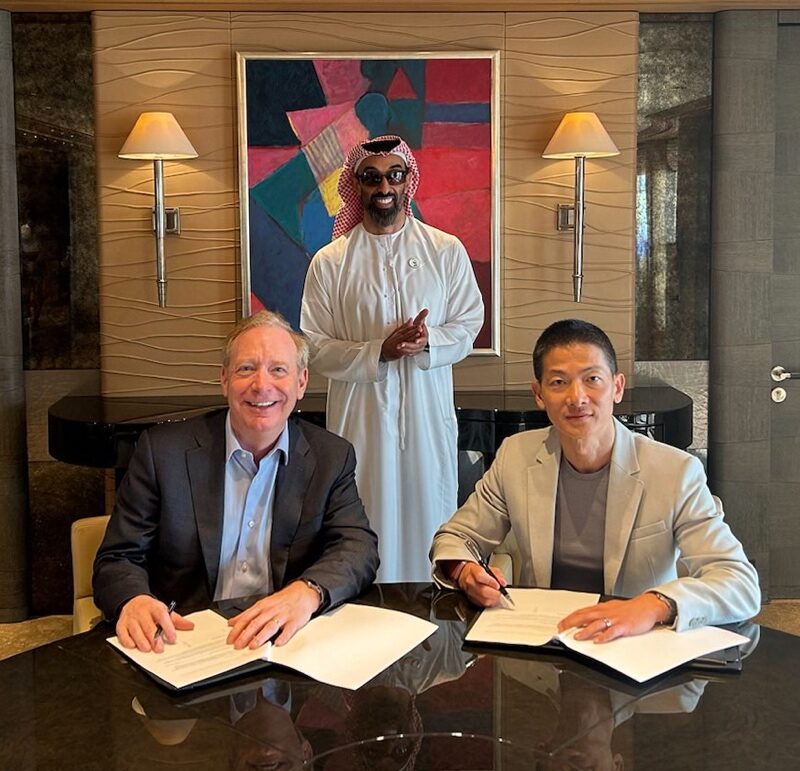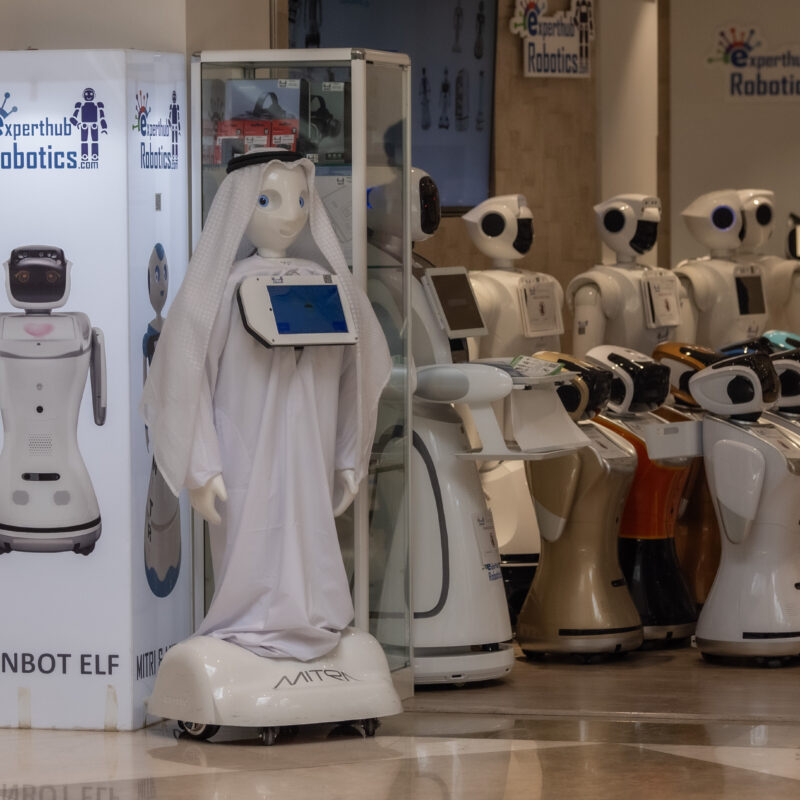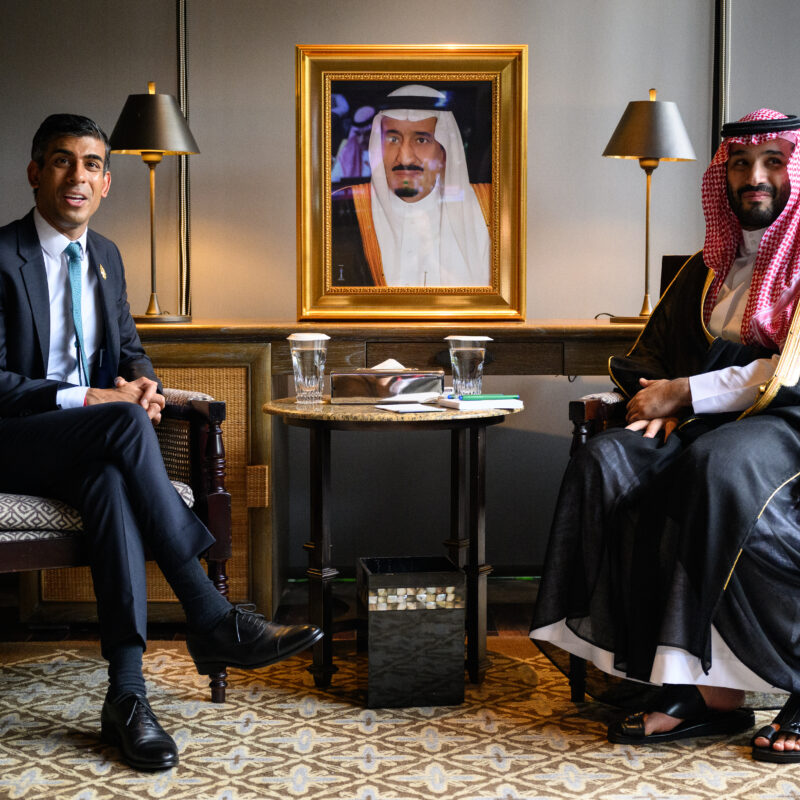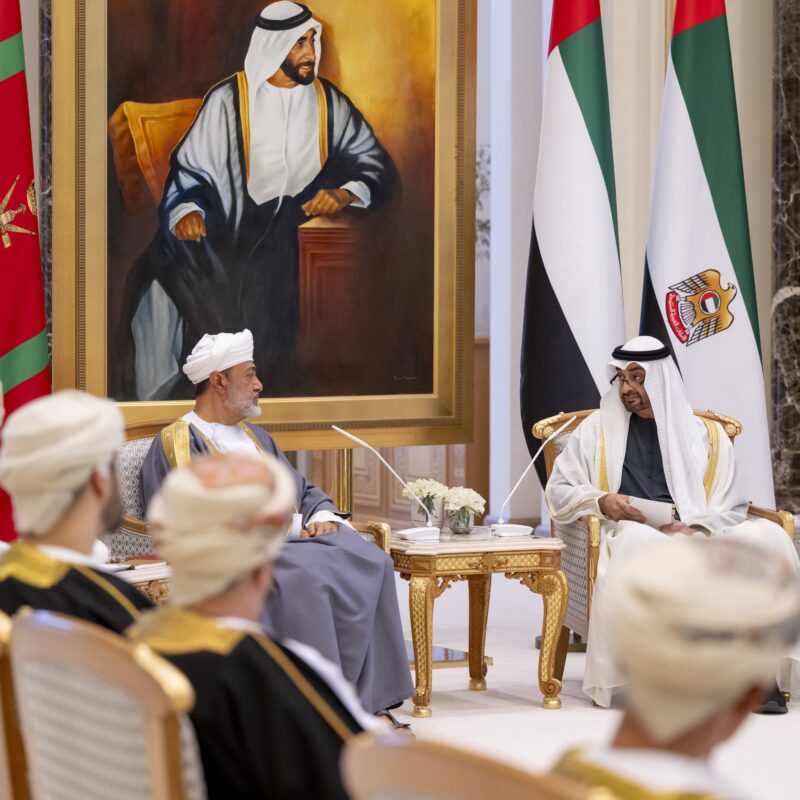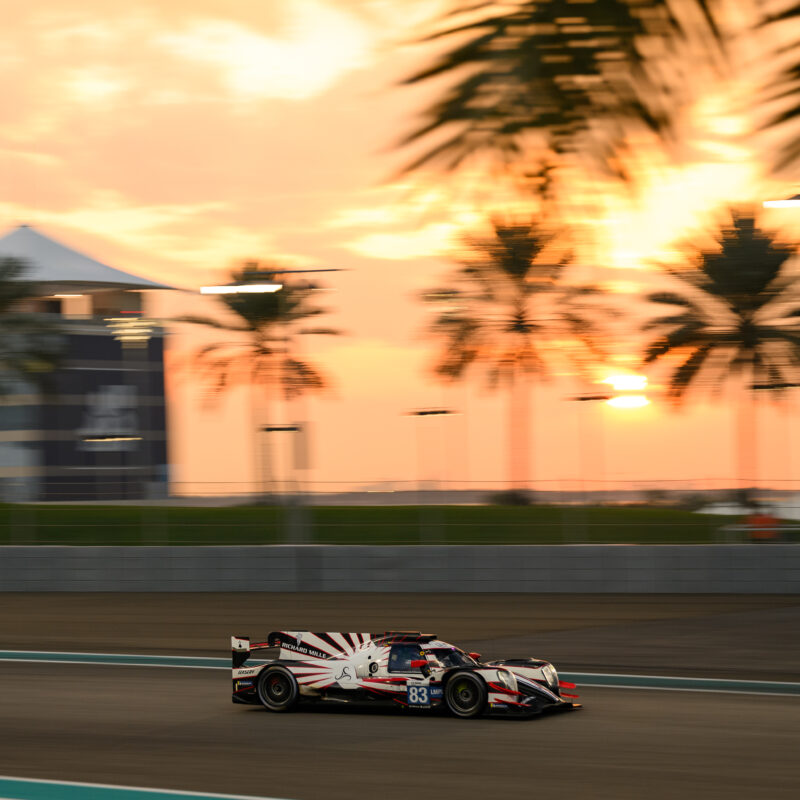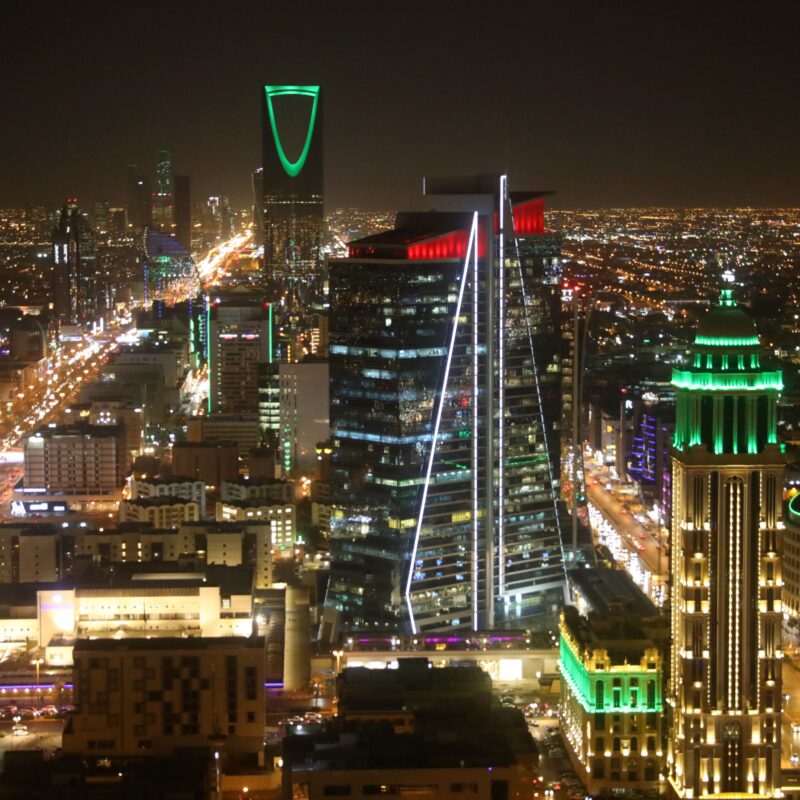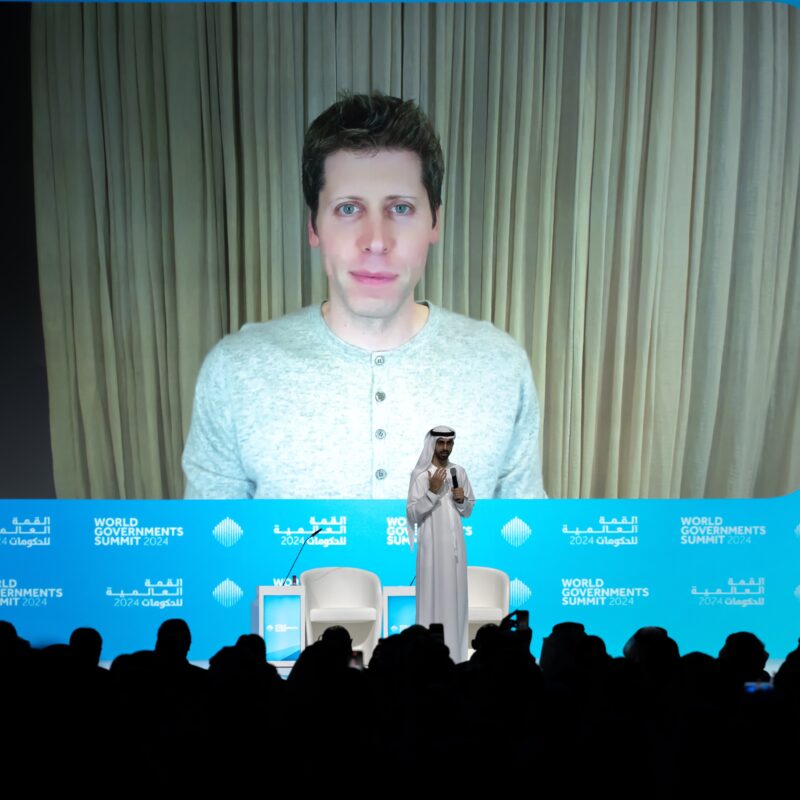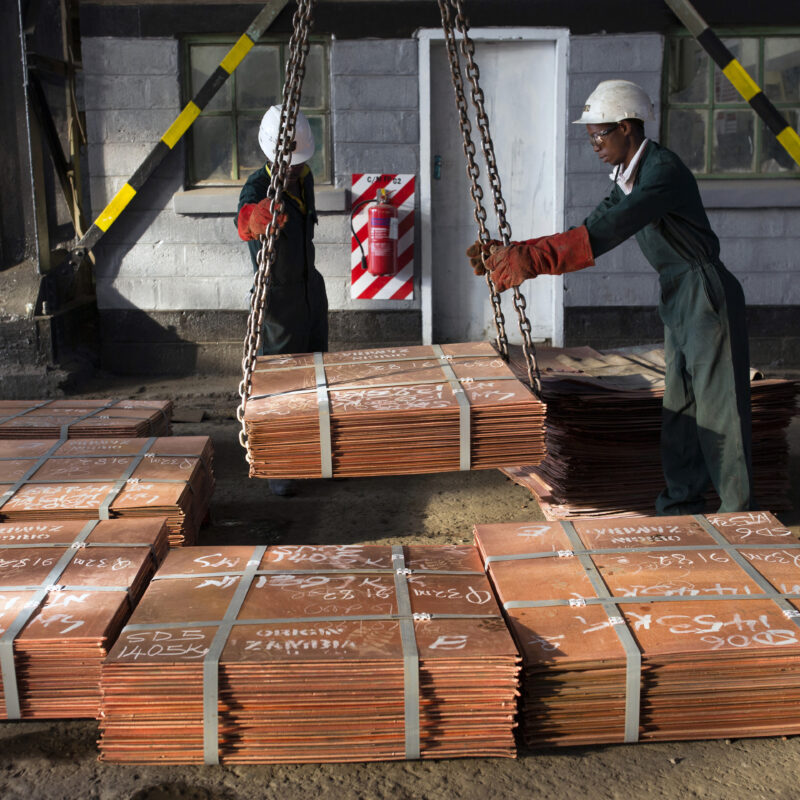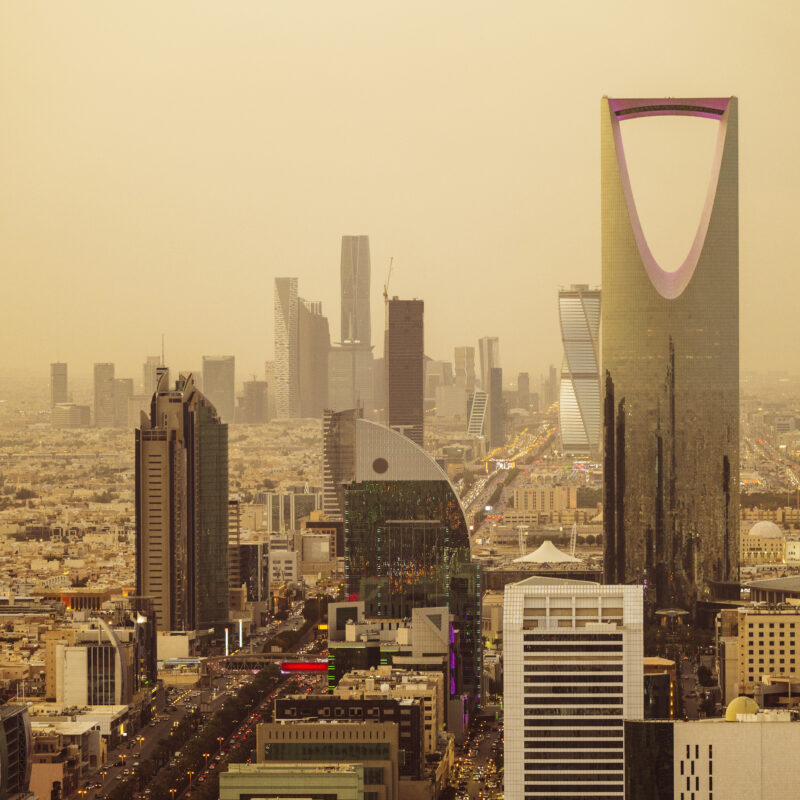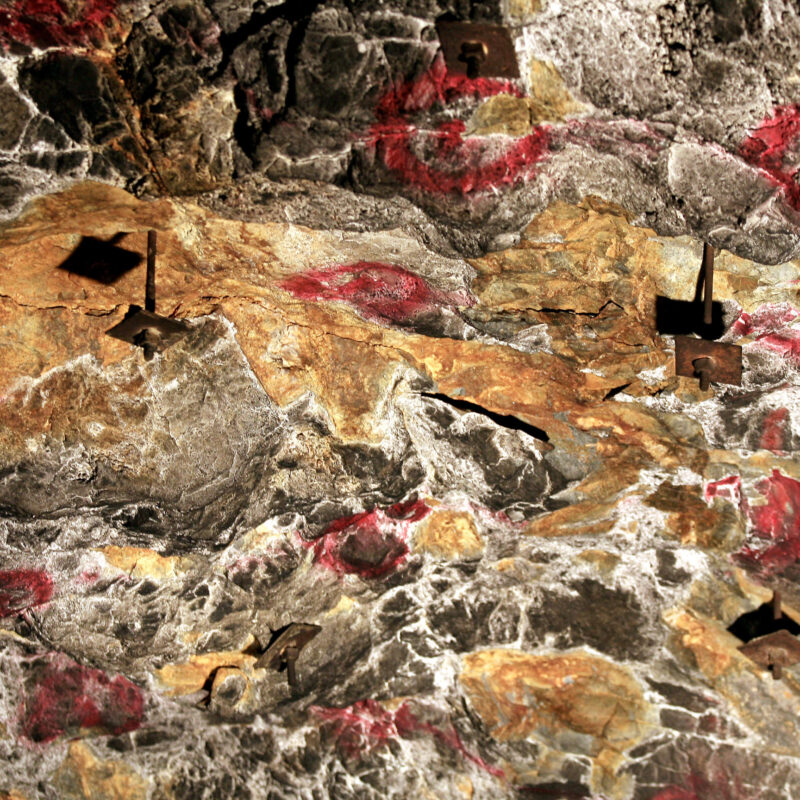To build up business in Bahrain, Israeli envoy says take it slow
As a stepping stone to Saudi Arabia, the smallest Gulf state carries value well beyond bilateral trade volume, Ambassador Eitan Na’eh tells The Circuit
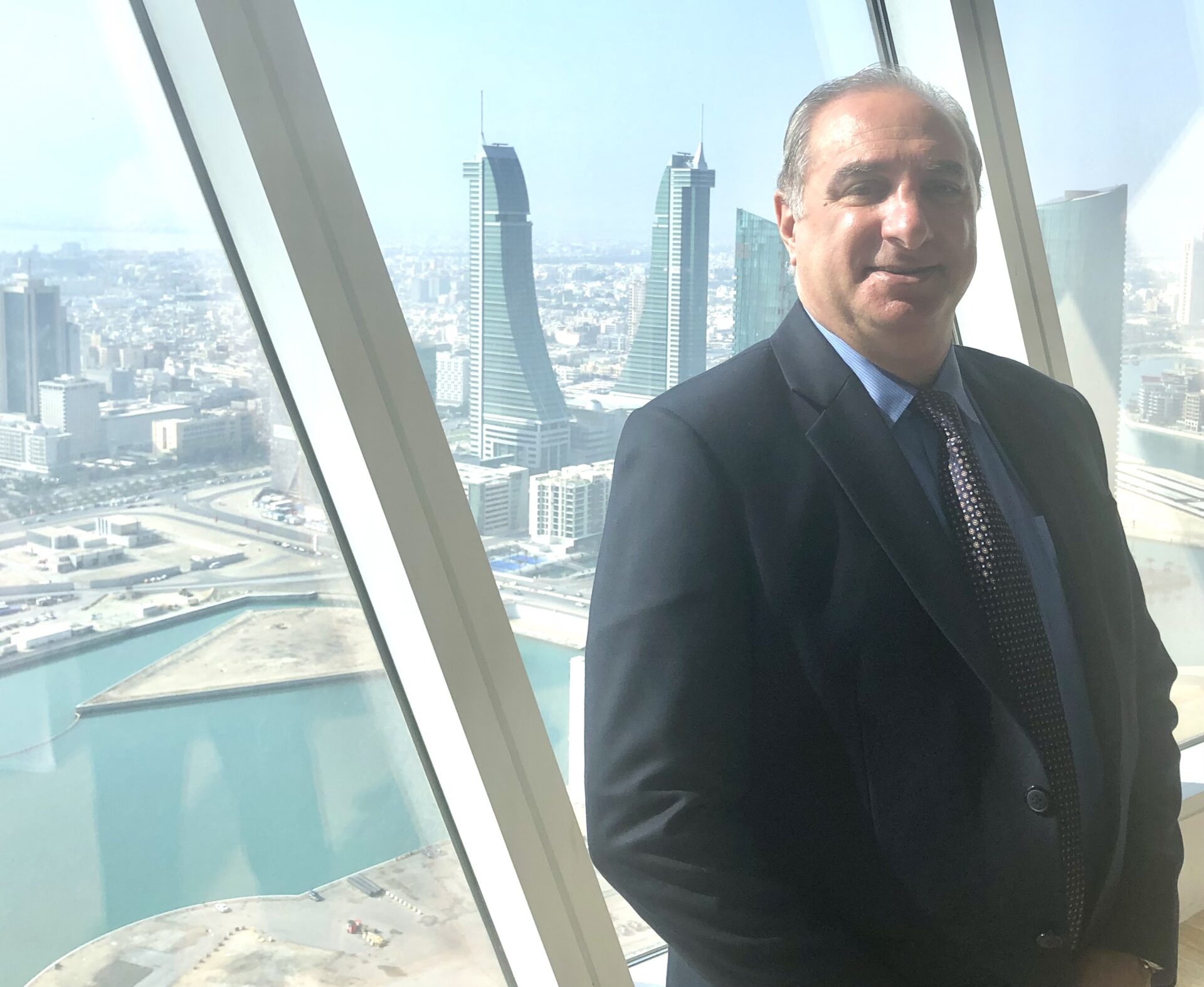
JONATHAN H. FERZIGER
Israeli Ambassador to Bahrain Eitan Na'eh in Manama
MANAMA, Bahrain – After 16 months as Israel’s first ambassador to Bahrain, Eitan Na’eh says he’s learned some important lessons while trying to promote business between two countries that were longtime adversaries in the Middle East conflict. Above all are taking it slow and adjusting ambitious expectations for what constitutes success after the initial exuberance generated in 2020 by the Abraham Accords.
Speaking to The Circuit in the Bahraini capital of Manama, the 59-year-old diplomat said the small island nation’s importance goes beyond the modest bilateral trade volume generated so far and may play a crucial role whenever Saudi Arabia, the region’s biggest economy, is ready to establish official ties with Israel. Na’eh previously served as Israel’s head of mission in Abu Dhabi and as ambassador to Turkey and to Azerbaijan.
The interview, conducted in mid-March on the sidelines of the Israel-Bahrain Connect2Innovate business conference, which brought together hundreds of investors, executives and government officials from the two countries to the kingdom, has been edited for length and clarity.
The Circuit: How has your experience as an Israeli diplomat in two Arab Gulf states altered your approach to cultivating business in the region?
Eitan Na’eh: When I started in Abu Dhabi, I went to see the heads of the investment departments of the big sovereign government funds, Mubadala and ADIO. That’s where it really clicked for me that nothing is going to happen quickly, or just like that. They said, look, the way we invest in new markets, it takes six years to come in. That is the process. We invest in funds, or funds of funds, and we see what happens over two years, using small amounts of money. And then we come again with other investors for another four years. That’s six years in total. Depending on the result, we may then [fully] come in.
That was in early 2021 – about two years ago. And now you see them buying 22% of Tamar [an Israeli offshore gas field]. And you see them trying to buy Phoenix [Insurance Group] and you see them wanting to go into Haifa port and you see them buying shares in other high-tech companies. So you see a process. It didn’t happen in one day. We are two years into the Abraham Accords. It will be slower than we expected. I can clearly see it happening once they understand us better, once we understand them, what makes each other click, how things work. Maybe not in my time. But we have laid the foundations.
The Circuit: What were your biggest initial challenges in representing Israel in the Gulf?
Eitan Na’eh: I was sent to Abu Dhabi first and then to Bahrain to set up an embassy, to map contacts and to deepen relationships. There are four solid legs in diplomacy, like a table: political [affairs], security, economic and people-to-people. I compare it to Turkey, a country I know very well. We had relations with Turkey since 1949. We had an embassy, we had staff, we recruited more, but we had the basics when I came.
In the Gulf, we had barely anything. For the very few people who were in touch with Israelis, it was all under the table, hush-hush. The leadership at the very top were in touch. Discreet meetings were held in various European capitals, sometimes here but nobody knew about it.
The Circuit: Most of the attention since the normalization accords has focused on the UAE, with a free-trade agreement signed last year and $2.7 billion in economic activity. Why don’t we hear much about Israeli business deals with Bahrain?
Eitan Na’eh: We have to look at success not just by numbers, because there are no big numbers. The numbers will grow. The question is when. There are no investments now in the billions. But there are smaller investments. Admittedly, things here are taking a longer time. We see more and more businesspeople coming here. I see many more visits, there is no week when I don’t have a visit from an Israeli trade delegation, a business delegation, investors or people who come to open offices here.
Nothing happens just because somebody signed a paper. From signing papers to the rock-and-roll, to actually moving to real work, that takes time. It takes time for people to check, to explain, to raise money, to hold their feasibility study pilots and then to roll out the whole project. So for the projects that I’m aware of, people are looking at four years’ time to execution, then more time until you see the ROI, the return on investment.
The Circuit: Bahrain is connected to Saudi Arabia by a 17-mile causeway in the waters of the Gulf and by numerous political, economic and cultural ties. How would the situation change if normalization spreads to Saudi Arabia and other Gulf states?
Eitan Na’eh: Only two countries in the Gulf have normalized relationships with Israel, but there are more than just two countries in the Gulf. So it’s baby steps, but they’re meaningful steps, especially when you know where we started. When you know the capabilities, when you know the constraints, you learn to appreciate that.
People here want to invest in Israel. Let’s see what happens with Saudi Arabia. [If there’s an agreement between the two countries], that will open the potential for hundreds of billions of dollars of trade from east to west. That’s a lot of money. That will open up more markets. It will go around Africa, it will go through the Suez Canal, it will go through [Bahrain] on the causeway. It will take time. But you are witnessing here the beginning.
The Circuit: What are the major areas of business interest you’ve found between Israel and Bahrain?
Eitan Na’eh: We see a lot of fintech, [including] one Israeli company that centers its activities here. They chose the location because of ease of work, because they found a listening ear that was ready to go a certain way towards them, to enable them to work. I see cyber companies. I see service companies. I see agriculture. You see a lot of health-related companies. The fastest growing vertical is clearly medical. The most modern innovation center outside Israel in the Middle East is here in Manama at the American Mission Hospital. It’s a private hospital that has a partnership with Sheba Medical Center in Israel. They have pretty quickly adopted Israeli technology, including remote medical care [for home treatment].
The Circuit: What is the draw for Bahraini investors in Israel?
Eitan Na’eh: Some of them go because they think there is something new in Israel. A big investor here came to the embassy. I asked why do you want to go to Israel. He says, look, we are looking for the next thing. And we understand that in Israel, we may find the next thing in tech. We want to lead. We want to be ahead. We understand Israel has the technology and we want to see what’s there. It doesn’t mean that the first moment he gets off the plane, that he will take out his wallet and start investing. That will take time and the measure of the time is in years.
The Circuit: What’s your strategy for promoting more trade between Israel and Bahrain?
Eitan Na’eh: We need here to break the psychological barriers. Think of all the baggage that they carry on their shoulders. More than 50 years of anti-Israel incitement that Jews kill Palestinians and that Jews will beat us if they know we are Arabs. We sent 15 young people to Israel and some were even afraid to tell their families that they went. More people in Bahrain are less shy now and they’re coming slowly to Israel. I tell them, go sit in a restaurant, go to a bar, drink juice, go to the corniche, go to Hayarkon Street. Do people watching, meet friends. Every Bahraini that I’ve met who went to Israel — people in government or the private sector, journalists, young people — they came back with a wow. They said it was mind-blowing. This is not an exaggeration. It’s not that I’ve seen thousands of people. It’s not there yet. But it’s happening.
